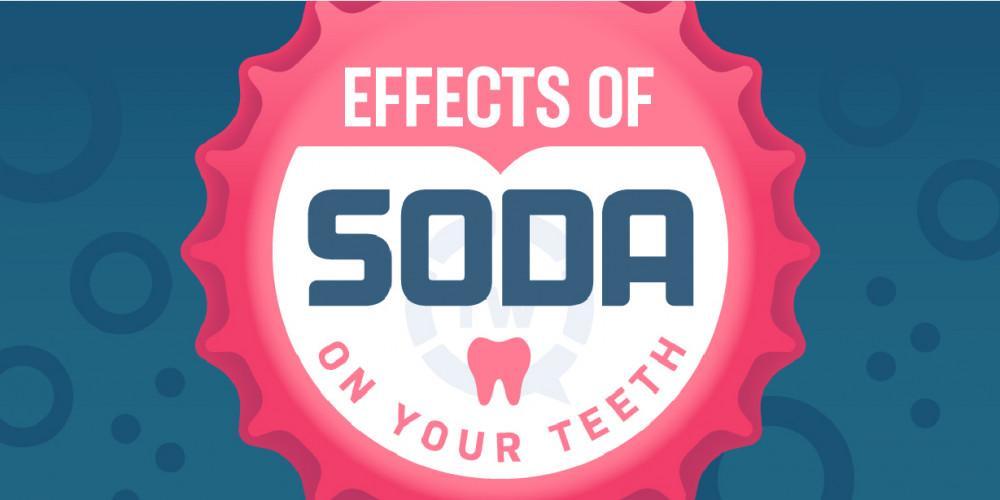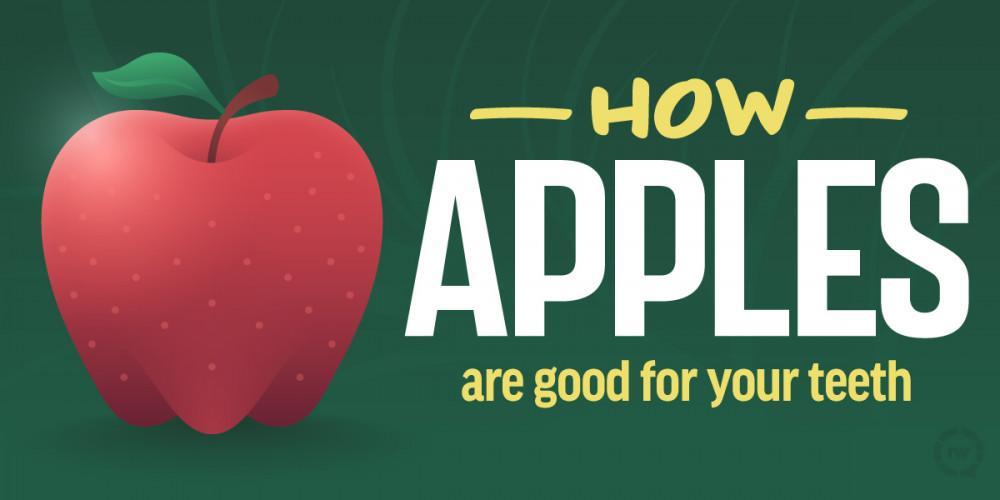
Why Soda is Terrible for Your Teeth

The bubbly sweetness of a cold soda pop is hard to resist, especially with a burger or a slice of pizza. But on the health-and-nutrition scoreboard, soda has so many strikes against it that it’s hard to justify more than the occasional splurge. One of those strikes is that sipping on soda takes a toll on your teeth with a double hitter of acid and sugar.
Sugar causes tooth decay
OK, so this really isn’t big news — everyone knows sugar is implicated in cavities. But do you know how it works? When sugar coats your teeth, the bacteria in your mouth start feasting on it. As they break down the sugar, the bacteria create acids which eat away at the tooth surface. It’s the acids, not the sugar itself, that cause decay.
Acid eats tooth enamel
When an acidic food or drink dissolves the outer surface of teeth, it’s called dental erosion — a chemical reaction that has nothing to do with bacteria. When you drink soda or another acidic beverage, the surfaces of your teeth begin to soften and dissolve immediately.
And the scary thing is, the damage is irreversible. Tooth enamel isn’t like skin or the soft tissues in your mouth, which can grow back after minor damage. When tooth enamel is gone, it doesn’t regenerate. Signs of dental erosion are tooth sensitivity to hot and cold, and a yellowing or darkening of the teeth as the white enamel wears away.
What makes soda acidic?
Soda gets its fizz from dissolving carbon dioxide in cold water under pressure to create carbonic acid. Two other acids in soda are phosphoric acid and citric acid, which are added as preservatives and flavor enhancers.
Citric acid is especially problematic: It can bind to calcium and leach it out of teeth. Another type, malic acid, is added to diet sodas, as well as sports drinks, fruit juices, and iced teas.
How acidic is it?
You probably learned in science class that a pH of less than 7 is acidic, and the lower the number, the more acidic the substance is. According the American Dental Association, beverages with a pH of less than 4 are damaging to the teeth, causing erosion of the tooth enamel.
In a study published in 2016 in the Journal of the American Dental Association, researchers tested the acidity of sodas and other sugary drinks. They discovered that almost every soda on the market has a pH below 4.
But soda isn’t the only acidic sugary beverage around. In fact, out of almost 400 kinds of bottled beverages that were tested – sodas, fruit juices, flavored waters, energy drinks, sports drinks, teas, and coffees — nine out of 10 had a pH capable of harming your teeth.
How to drink soda
If you’re going to enjoy an occasional soda — or any other acidic beverage — there are things you can do to minimize the damage to your teeth.
- Drink soda all at one sitting, and preferably with a meal. Don’t sip it over a few hours, because that exposes your tooth enamel to an acid bath for a much longer time period.
- Try using a straw. It may protect the front of the teeth somewhat, but overall, it’s not a huge help.
- Rinse your mouth with plain water after you finish the soda or any other acidic drink. Swishing with milk works, too. Milk has a higher (less acidic) pH to neutralize acids and may even help with remineralization.
- Wait at least an hour after drinking soda to brush your teeth. Brushing too soon harms your acid-softened tooth enamel.
The next time you’re standing in a convenience store gazing at hundreds of sugary drinks in the glass-cased coolers, figure that most of them will erode your tooth enamel. If you want to keep your teeth strong and retain your white enamel, grab a bottle of plain water or milk instead.
Pop in for an cleaning appointment to have Dr. Hambarchian assess your tooth enamel. Call the ProDent Care office to schedule, or use our easy online booking tool.
You Might Also Enjoy...


Kicking the Tobacco Habit is Good for your Mouth

What to Do When You Crack a Tooth

What is Plaque?

Effects of Soda on Your Teeth


